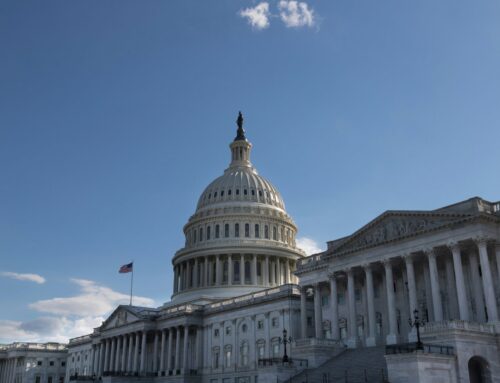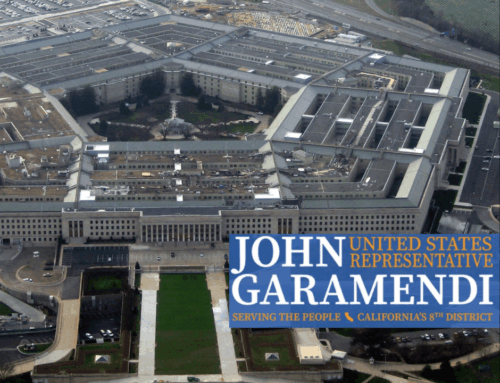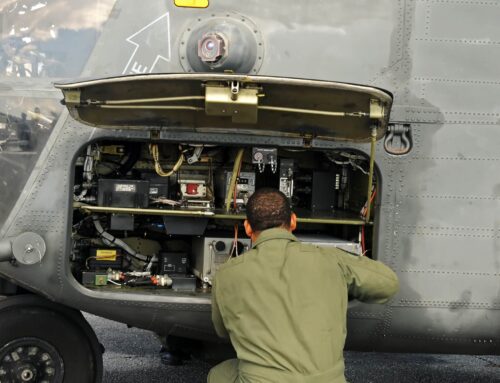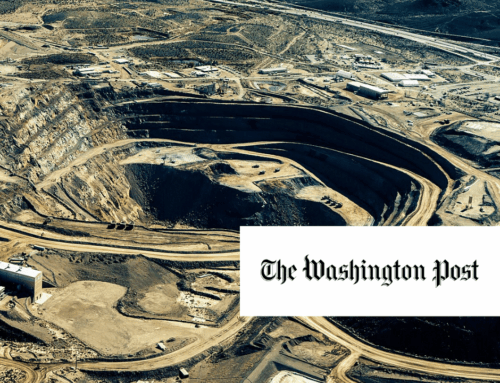AMENDMENT NO. 4 OFFERED BY MR. HUFFMAN
Mr. HUFFMAN. Mr. Chairman, I have amendment No. 4 that is printed in the Congressional Record.
The Acting CHAIR. The Clerk will designate the amendment.
The text of the amendment is as follows:
Strike section 8053.
The Acting CHAIR. Pursuant to House Resolution 303, the gentleman from California and a Member opposed each will control 5 minutes.
The Chair recognizes the gentleman from California.
Mr. HUFFMAN. Mr. Chairman, I yield myself such time as I may consume.
Each year, the Department of Defense ships coal from Tamaqua, Pennsylvania, about 3,000 miles away to an Air Force base in Germany, costing taxpayers millions of dollars more than if we simply treated this particular base like every other military base in the world.
Why do we do this?
Since 1972, each Defense Appropriations act has included an earmark requiring that the Pentagon purchase anthracite coal from Pennsylvania to heat this base in Kaiserslautern, Germany. This is wasteful spending, pure and simple.
My bipartisan amendment, which I am offering with my colleague Tom McClintock, would finally remove this zombie earmark and save taxpayers millions of dollars each year.
At its peak, this earmark mandated that the government purchase more than a million tons of anthracite coal each year to power overseas bases and installations, but today, the Department of Defense purchases only about 5,000 to 9,000 tons of coal annually, and it is to meet the requirements of this specific base in Kaiserslautern. It costs taxpayers millions of dollars each time. According to the last study we did on this, which was way back in 1989, the Department of Defense, the State Department, and the Department of Commerce jointly concluded that these mandates had cost U.S. taxpayers $1.1 billion, and that was 26 years ago, so it is a lot more since then.
For decades, the Pentagon has urged Congress to remove this wasteful earmark and allow the use of cheaper fuel to power our military base in Germany. President after President has urged the removal of this earmark–both Republicans and Democrats–every President since Jimmy Carter and including President Ronald Reagan. Today, we have an opportunity to finally achieve that goal.
I want to thank Mr. McClintock for his leadership in introducing this amendment with me.
The passage of this amendment would be proof positive, I think, to Americans back home that Republicans and Democrats can work together to cut wasteful spending. I urge my colleagues to support the Huffman-McClintock amendment.
Mr. Chairman, I yield 2 minutes to the gentleman from California (Mr. McClintock).
Mr. McCLINTOCK. I thank the gentleman for yielding.
Mr. Chairman, I don't support the war on coal that is waged by some of my friends on the left, but I do support the war on waste, and I support this amendment based upon that fiscal imperative.
Just a few weeks ago, so-called defense hawks demanded spending well in excess of budget caps because, they said, our defense spending had been stretched to the breaking point. In light of those warnings, I find it inexcusable that these scarce defense dollars would be so recklessly squandered to continue to fund a corrupt earmark from a disgraced and deceased Pennsylvania Congressman, an earmark that dates back more than 40 years.
That earmark, as my friend has just said, requires that one–and only one–American Air Force base must purchase 9,000 tons of Pennsylvania anthracite coal a year at the grossly inflated price that is estimated to be about $20 million. That is about 80 percent more expensive than commonly used coal , and that doesn't include the cost of transporting this overpriced coal across the Atlantic Ocean and halfway across the European continent–a cost that is absorbed elsewhere in the Air Force budget. The excuse is that we would otherwise be dependent on Putin, but that doesn't hold water. No other U.S. military base in all of Europe is required to buy this coal , only Kaiserslautern.
The Pentagon and successive Presidents have consistently protested this waste, but these protests have fallen on deaf ears in Congress even while we are told our defense spending has been cut to the bone.
If we don't change the spending trajectory of this government, the Congressional Budget Office warns, in the next 10 years, just paying the interest on the national debt will greatly exceed our entire Defense budget. That makes rooting out waste like this a national defense imperative.
Mr. FRELINGHUYSEN. Mr. Chairman, I rise in opposition to the amendment.
The Acting CHAIR. The gentleman from New Jersey is recognized for 5 minutes.
Mr. FRELINGHUYSEN. Mr. Chairman, I am not an expert in coal , and I am not an expert in what these men describe as an earmark, but I do know that coal is reliable, that it is cost-effective, that it is domestically produced, and that it has been used at this Air Force base for a long time. This provision both promotes domestic resources of energy and ensures that our bases and that particular base have a reliable, continuous source of energy for their daily operations.
I don't think we ought to dismiss the notion that Germany is under attack by Russian aggression, and Russia would at any time cut off fuel supplies, as they have done to other countries in Eastern Europe. Europe, as an area, as a continent, remains heavily reliant on Russia for its energy, and Russia uses its leverage on an annual basis to quiet potential opposition to that aggression in Ukraine and other parts of the region. This is a stark reminder of how important it is to ensure that our military has a reliable domestic source of energy wherever it is in the world. This may be an unusual circumstance, but I see no reason to change it. I urge a “no'' vote on the amendment.
I yield back the balance of my time.
Mr. HUFFMAN. Mr. Chairman, we have well over 30 other defense installations in Germany and hundreds of others across the globe. To my knowledge–and I have made inquiries on this subject–not a single one of those installations operates with a congressionally mandated fuel source like the one we are talking about here. The Kaiserslautern facility is, truly, one of a kind.
This is a commonsense amendment that provides the Pentagon the flexibility to ensure that our military installations continue to have reliable, cheaper, and cleaner energy sources in the years ahead. The congressional mandate in question was added to the Defense Appropriations bill over 40 years ago to an accumulated cost of well over $1 billion to the taxpayers.
Mr. Chairman, this is not about our national security. This is not a weapons system. This is not funding to support or protect our troops. This isn't doing anything for our country or our national security except wasting taxpayer dollars and making one particular coal company in eastern Pennsylvania a little bit richer.
I urge my colleagues to vote “aye'' and support this bipartisan amendment.
I yield back the balance of my time.
The Acting CHAIR. The question is on the amendment offered by the gentleman from California (Mr. Huffman).
The question was taken; and the Acting Chair announced that the noes appeared to have it.
Mr. HUFFMAN. Mr. Chairman, I demand a recorded vote.
The Acting CHAIR. Pursuant to clause 6 of rule XVIII, further proceedings on the amendment offered by the gentleman from California will be postponed.
The full transcript here.
Photo credit: davidmesaaz via flickr










